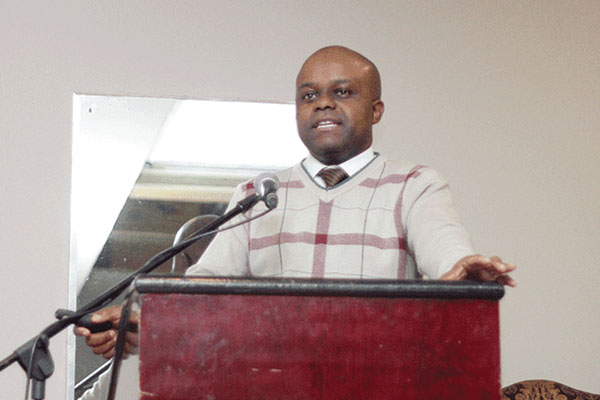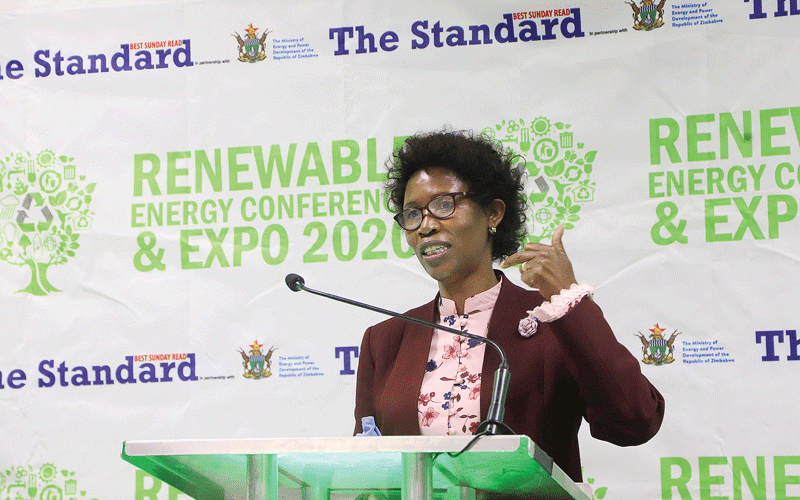
BY METHEMBE SIBANDA
ZIMBABWE’s health spending for 2022 is only US$74 per capita (per person), which is way below the recommended US$209 per capita health spending for the Southern Africa Development Community, and the Global average of US$1 080 per person per year.
Although Finance minister Mthuli Ncube has been gradually increasing per capita health spending over the years up to US$74 this year, it is still below the World Health Organisation (WHO) recommendation of at least US$84 per person per year.
Compared to other countries in the Sadc region, Zambia’s 2022 per capita spending on health is US$85, South Africa US$570 per person, while Zimbabwe fares better than Malawi which will spend only US$35 per capita on health this year.
In 2020, Unicef expressed concern that Zimbabwe’s per capita allocation for health had improved to US$57 in 2017, but sharply declined to a measly US$21 in 2020, putting the country at risk of failure to combat diseases, child and maternal mortalities.
Economist Prosper Chitambara told NewsDay that although the Health ministry got 14,9% of the 2022 national budget ($117,7 billion), which is commendable as the Abuja Declaration stipulates that health spending should be at least 15% of the national budget; the health expenditure was still inadequate as it remained below the global standard.
Chitambara said the per capita health spending increased from US$40 in 2021 to US$74 this year, but was still not enough given the challenges that the country is facing due to the COVID-19 pandemic.
“The health allocation for this year, has increased quite markedly from US$40 to US$74, but obviously, this is still way below the global spending on health per person which an average to US$1 080.
- Chamisa under fire over US$120K donation
- Mavhunga puts DeMbare into Chibuku quarterfinals
- Pension funds bet on Cabora Bassa oilfields
- Councils defy govt fire tender directive
Keep Reading
“Yes there has been an improvement, but there is still a lot of room for improvement.
“Our health allocation and our health spending remain inadequate to ensure the attainment of Agenda 2030.”
Chitambara said government should prioritise health spending as it is imperative for economic rebound.
“As you know, countries that invest a lot on health do better economically and developmentally, than countries that invest little.
“Public investments help to enhance productivity in the country.
He urged government to desist from relying on donors to finance the health sector as the country might experience problems if aid from development partners is withdrawn.
“Of great concern is that we continue to over rely on external funding to finance our healthcare sector.
“During the first nine months of 2021, we received development assistance funding of about US$647,6 million and this year again we will be receiving a lot of resources from donors.
“But overly relying on donors for health financing is not sustainable.
“We need to be creative in terms of finding ways and means of sustainable financing of public health and other social sectors using our own domestic resources” he said.
- Follow us on Twitter @NewsDayZimbabwe










